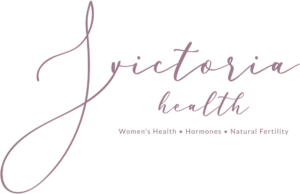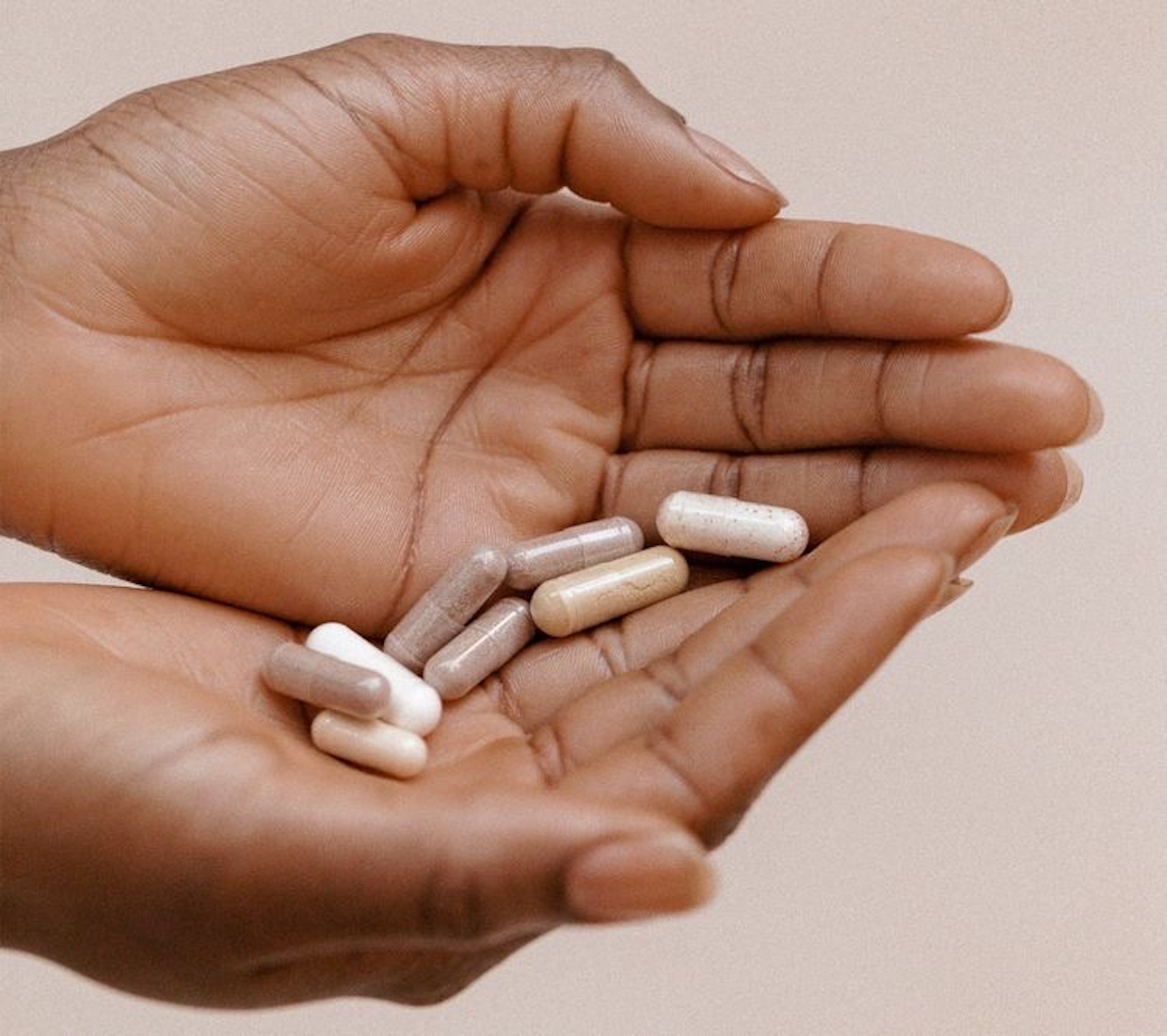Nutritional supplements have become extremely popular in the fertility world and it can be easy to get overwhelmed and confused about which ones are worth taking. As a women’s health practitioner, women often come into their first appointment expecting a list of supplements they should take to help them get pregnant, but I always explain that supplements really can’t work without first implementing fertility supportive diet, lifestyle, and mindset practices. Sometimes the best thing you can do for your hormones and fertility is to improve your eating habits, sleep more, stress less and move your body in ways that make you feel good.
Apart from a high quality prenatal multi-vitamin and mineral (which I recommend to all women preparing for conception), your fertility supplement protocol should be tailored to your own body’s needs. My clients always start by filling out a series of intake forms and often have blood work done with their doctor to help us figure which areas they might need some extra support in, but you can also do some digging on your own.
Here are some questions you can ask yourself to determine what exactly you need from your supplements…
- Is my menstrual cycle regular? If not, it’s time to figure out why you aren’t ovulating regularly.
- Am I digesting my food well? We need healthy digestion to absorb the nutrients in our food.
- Do I have low energy levels, sugar cravings, PMS or trouble sleeping? If so, blood sugar and liver function might need some love.
- Am I stressed out or anxious and not giving myself rest when I need it? If so, Adrenal support and mindfulness practices should be your focus.
Basic Fertility Supportive Supplements
Prenatal multi-vitamin and mineral – helps prevent deficiencies in essential nutrients needed for you and future baby
Vitamin D- helps your body make the sex hormones needed for ovulation.
Magnesium- helps to support healthy blood sugar and stress hormone levels which is essential for hormone balance
Antioxidants – essential for supporting egg health and reducing the negative effects of environmental toxins.
Lastly, supplement quality is also extremely important. The supplement industry is not a regulated industry so for best results I recommend avoiding cheap pharmacy or big box store brands and opt for quality supplements from trustworthy brands that you can get at any reputable natural food store or through a health practitioner.
For more information or for personalized recommendations, you can reach me on Instagram at @jvictoriahealth or by email at jvictoriahealth@gmail.com
By: Jessica Victoria, RHN
Naturopath and Women’s Health Practitioner


Feature image via Pinterest





 No products in the cart.
No products in the cart.